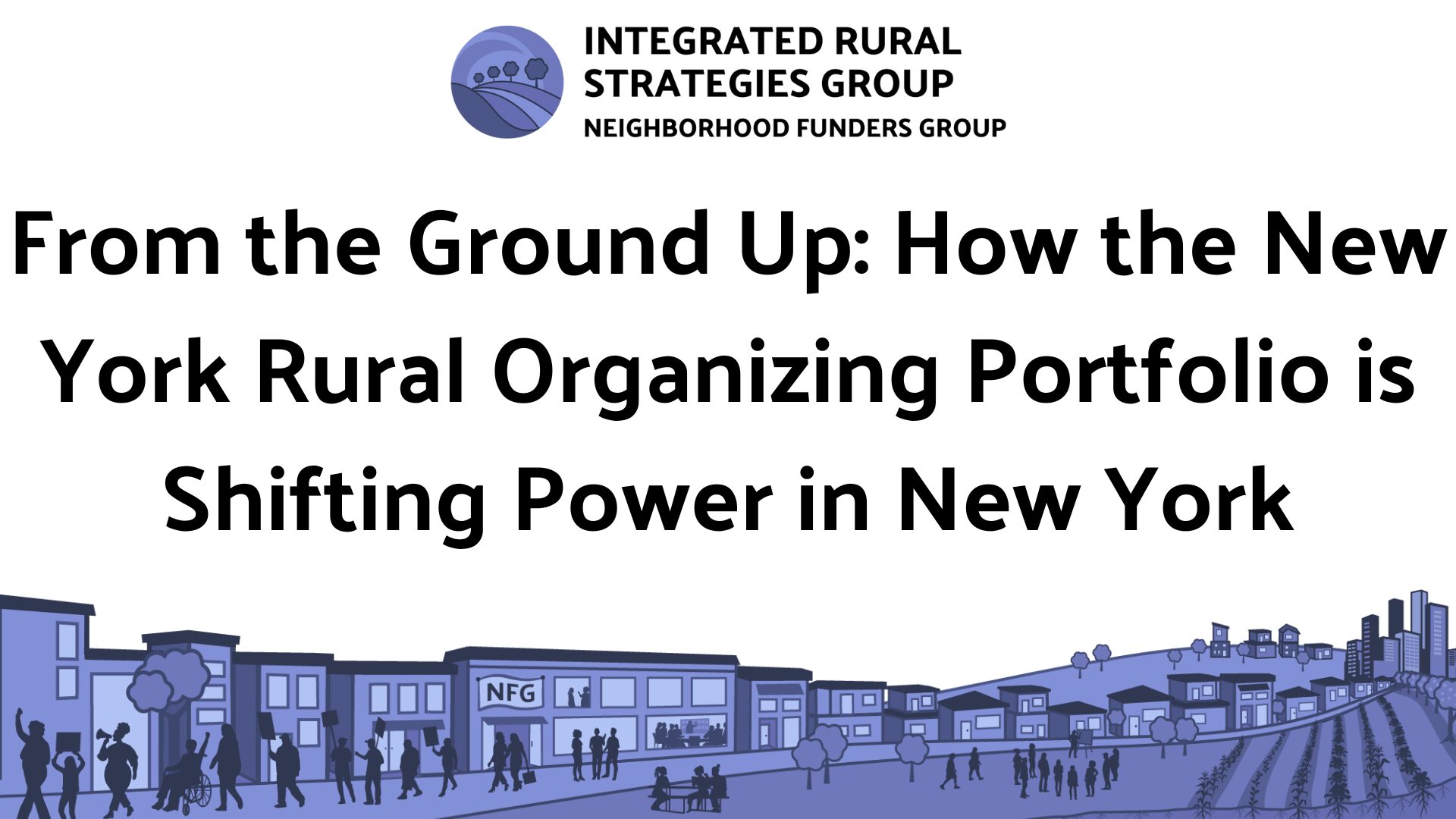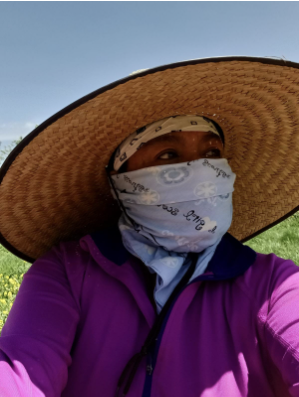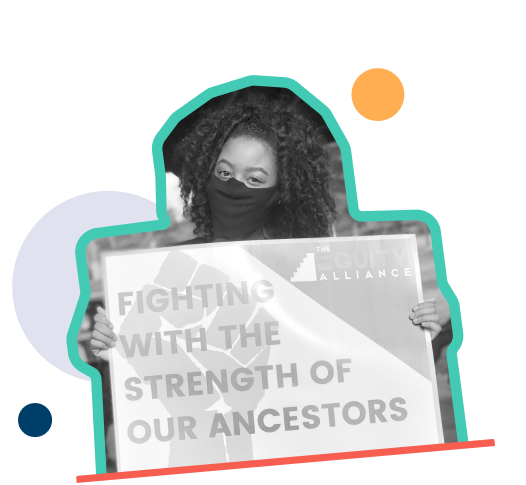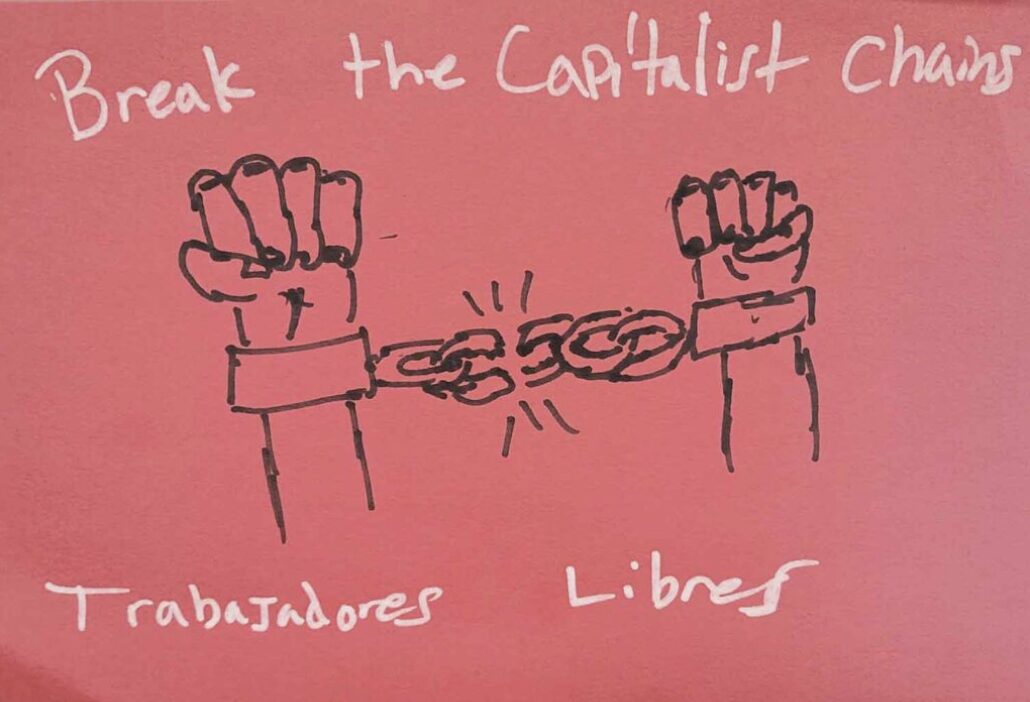
We launched our New York Rural Organizing Portfolio in June 2024 with an attainable yet impactful goal: raise $15,000 in general operating funds for each of the thirteen organizations featured to support rural organizing that is overlooked by New York City-based funders and the coalitions they support.
Our ‘why’ was two-fold.
First, leaders of organizations organizing in rural communities told us these were the resources they needed. Through ongoing dialogue, Integrated Rural Strategies Group gained clarity that the work of rural organizers was not only undervalued but also dangerously under-resourced to sustain the implementation of recent progressive wins in New York State.
Second, we recognized the collective power of these organizations and the communities they represent, partnering with them as a cohesive force, despite their significant difference across culture, geography, issue areas of focus and more. And while the majority of philanthropy does not hold these types of groups as a collective, we understand that, as rural Black communities, migrant farm- and service-workers, allies including faith groups, and abolitionists fighting the incarceration of asylum seekers and low-income people transferred from NYC to facilities in rural locations, our rural partners were part of an invisible frontline to preserve multi-racial democracy that too many of our funding peers intentionally neglected to recognize.
As we designed and launched our New York Rural Organizing Portfolio, simultaneously, $7.9 billion in racial justice commitments were rolled back across our sector, according to the Philanthropic Initiative for Racial Equity’s report Mismatched.
Historically, less than 7% of philanthropic funding reaches rural communities. We envisioned the New York Rural Organizing Portfolio as an accountability mechanism to capture some of the evaporating racial justice commitments with democracy on the line. Instead, a little over a year into its existence, the Portfolio has unlocked new money through partnerships with regional health and community foundations across New York State, stepping up to invest in community organizing to combat the adverse health effects of authoritarianism.
Through these new partnerships—and the boldness and clarity of purpose in this moment on behalf of these funders—we have doubled our fundraising goal of $200,000 to regrant to portfolio groups, and leveraged an additional $500,000 in aligned giving. Furthermore, our regranting is done without proposals or reports, simply via swift deployment of general operating support based on trust, partnership, and a clarity of purpose, so these leaders and their orgs can stick to their critical work without missing a beat.
And the impact has been immediate.
For example, Mujeres Divinas, the smallest organization in the New York Rural Organizing portfolio, recently held a convening as a result of a stipend they received from the New York Health Foundation. Prior to the start of apple-picking season, when members work 13-hour days, 6 days a week, for months with no benefits, they celebrated the harvest of their community garden, which provides fresh produce for families unable to access government benefits due to their immigration status.

Mujeres Divinas is in the process of securing additional land, using the funding they received, to sustain their organizing and expand their membership in neighboring counties. The goal is to sustain the fight to pass New York For All, which prohibits state and local resources from being diverted to carry out Trump’s federal deportation agenda. While it is not a law itself, New York For All has pushed for legislative proposals to protect immigrant communities, such as limiting ICE's access to local jails, state databases, and public buildings. This initiative is crucial for migrant farmworker communities because it reduces the fear of deportation for simply interacting with legal or healthcare systems. It promotes trust in local institutions and allows people to live and work more safely.
Still, ICE data from January to July 2025 shows a nearly sixfold increase in detentions in New York county jails compared to the entire year of 2024. Alianza Agrícola, another organization resourced by the New York Rural Portfolio, organizes local law enforcement to prevent the signing of 287(g) agreements, which deputize state and local agencies to enforce immigration under ICE surveillance, in New York’s farmworking regions, which are already heavily surveilled by Customs and Border Patrol.
In partnership with the Workers Center of Central New York (WCCNY), another New York Rural Portfolio member, Alianza and WCCNY released testimony from a dairy farm worker from Jefferson County alongside a public letter sent to the Farm Bureau requesting its support for the New York For All Campaign, opposition to the Farm Workforce Modernization Act, and a promise to not allow immigration agents on private property without a judicial warrant.
Those calls were met with dismissal by the Farm Bureau. All three organizations have persisted, in partnership with other portfolio organizations like Justice for Migrant Families and legal services collaboratives forming in the region, to protect 670,000 undocumented New Yorkers who contribute significantly to New York’s economy through labor and tax payments.
Deeper History and Context of the Attacks on New York’s Rural Farmworkers: A People’s Tribunal held by Food Chain Workers Alliance
The New York Rural Organizing Portfolio was created through a design process that was informed by the history and context of the attacks on New York’s rural farmworkers. Stakeholders in this process advised us on actionable steps philanthropy can take to resource these organizations effectively. A large part of our analysis came from a report produced by one of our advisors, the Food Chain Workers Alliance (FCWA), , who released The Bi-National People’s Tribunal on the Struggles of Farmworkers in North America in the late fall of 2024, in anticipation of the increased, targeted attacks farmworkers endure today.
The report documented a tribunal held earlier that year in New York, providing critical insight into the fraught and tenuous daily lives of New York’s rural immigrant farmworks as a foreboding warning to this reality we now find ourselves in. Prior to the 2024 convening, the last time such a tribunal was held was five years ago, when the Worker Justice Center of New York and Rural & Migrant Ministry convened New York farmworkers to pass the Farm Laborers Fair Labor Practice Act.
People’s tribunals are forums of justice established by social movements, communities, and organizations to bring attention to the truths that judicial and political forums either cannot or choose not to address. In the months leading up to the 2024 tribunal, FCWA members held a preliminary discussion about what climate justice means for food workers. Participants were clear that climate and environmental justice cannot be separated from worker, migrant, racial, and global justice.
Over the course of sessions focused on health and safety, freedom of movement, and climate justice, farmworker leaders spoke about life-changing injuries, abysmal housing, sexual assault and harassment, heat exhaustion, social isolation, employer retaliation for organizing, and other everyday realities for agricultural workers. Food workers receive the lowest median wage of any working group and are subjected to dangerous working conditions with high rates of injury, death, and illness. People who work in the food system experience exploitation from the moment they are forced to migrate. Luis Jiménez, a dairy worker and co-founder of Alianza Agrícola, warned tribunal attendees at the time that while we often think of the South when we imagine border regions, New York is also a border state where border control is omnipresent and workers are at risk of detention.
Today, the fear of deportation persists as one of the largest barriers to organizing farm workers. The poor conditions of employer-owned housing and the sexual harassment and threats of withheld wages without an exchange for sexual acts are also barriers that women farmworkers face.

About the Integrated Rural Strategies Group
Launched in 2017, Integrated Rural Strategies Group (IRSG) is a critical resource for funders interested in commencing or deepening their grantmaking to rural communities. Together, we support organizations across the US fighting for BIPOC and low-income people in rural communities to inform and influence the conditions of their lives, with change they can materially see. Learn more by visiting our website!

Posted 10/23/2025 in
Share

